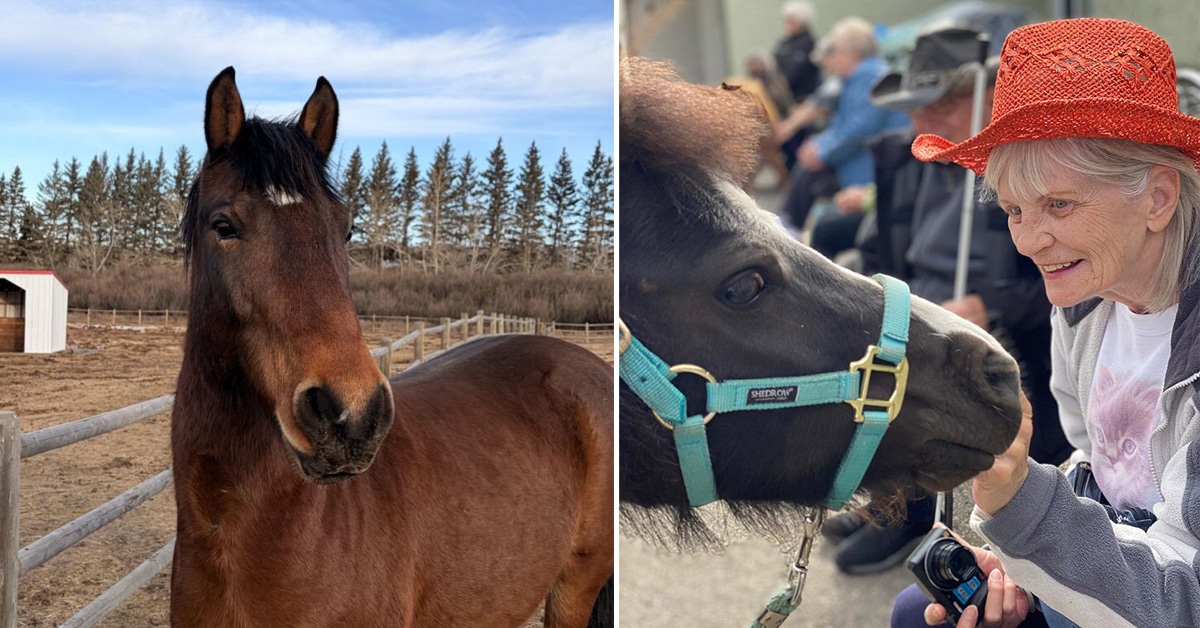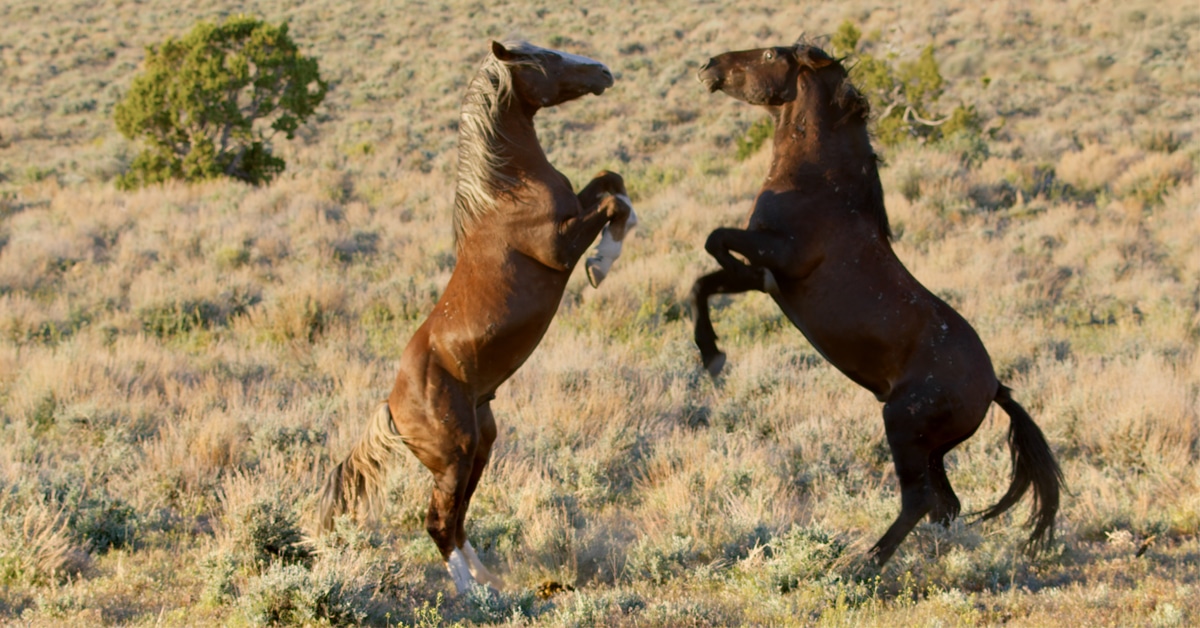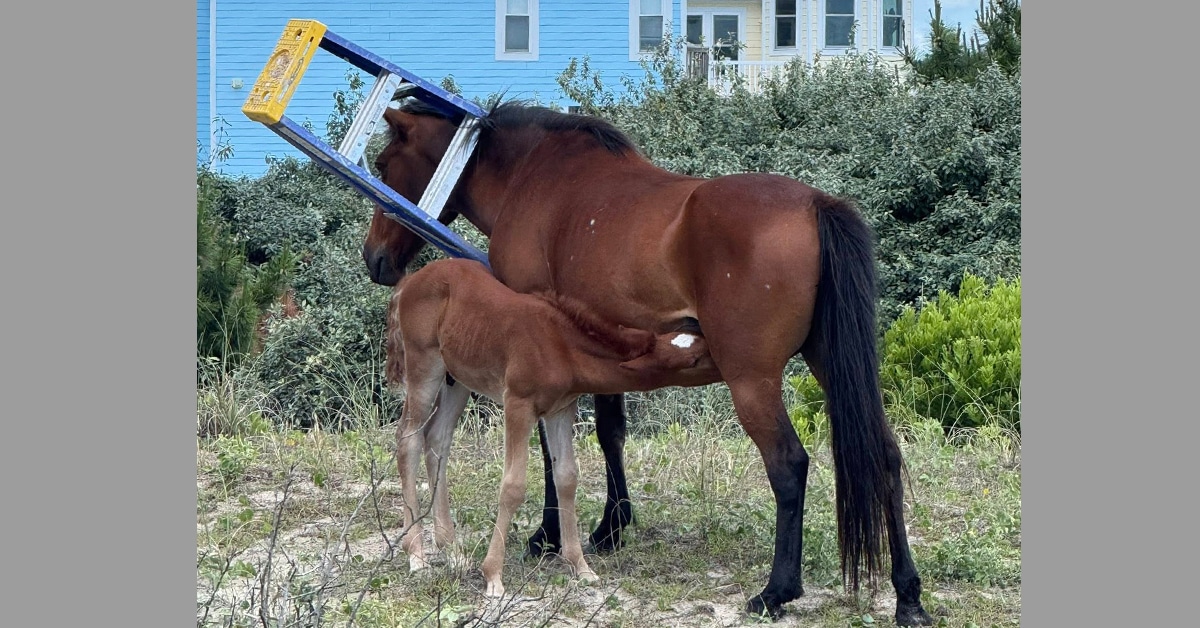The Tennessee Walking Horse, Hackney, and Saddlebred are breeds that are synonymous with their iconic high-stepping gait. Competitors have historically done better in the showring with horses that have the most exaggerated form of this gait, known as the “big lick”. Nowhere is this more coveted than in Tennessee Walking Horse shows in the southeastern United States, particularly Tennessee and Kentucky.
But the history of this breed of high steppers is controversial. While the breed has a natural level of high step, to increase it for the showring many trainers resort to what is called “soring.”
Soring is defined as “the intentional infliction of pain to horses front limbs to induce an artificial high-step,” or “big lick.”
The advocacy group Animal Wellness Action (AWA) who run a campaign to ban the practice, has a more detailed description on its website: “The abusive practice of “soring” is when morally bankrupt trainers intentionally inflict pain on a Tennessee Walking Horse’s hooves and legs to force the horses to perform an exaggerated, high-stepping gait to obtain an unfair advantage at horse shows. Caustic chemicals are applied, and plastic wrap is used to cook the chemicals directly into the horse’s flesh for several days. Chains are attached to strike the wounds, and screws and nails are driven into the sensitive tissue of their hooves with the purpose of causing pain that will cause the horses to raise their legs and perform the exaggerated gait. These horses are subjected to constant severe pain.”
There has been a movement to ban soring in the US, starting with the Horse Protection Act (HPA) in 1970, which always lacked adequate funding for enforcement. Adding to the fight for a ban, was the U.S. Senator Joseph D. Tydings Memorial Prevent All Soring Tactics (PAST) Act which passed through the U.S. House in 2019. Again, enforcement was an issue.
But that changed this year when Congress included in its appropriations, increased highest funding for the HPA, with The House approving $3,400,000 for 2022, and a Senate bill providing an additional $2,340,000, also for 2022. This is a major leap forward, prior to 2019, the federal funding never got past $700,000.
AWA, formed in 2018, has worked to get the increased funding. The horse industry and animal rights community have known that a dearth of HPA funding for enforcement has allowed soring events to continue unchecked in Tennessee and Kentucky. AWA also worked to secure HPA funding for 2020 in the amount of $1,000,000, and $2,009,000 for this year. The AWA has worked closely with leaders in the Tennessee Walking Horse industry who’ve admitted that the cruel practice needs to stop, as well as members of the Tennessee and Kentucky Congressional Delegations.

(Animal Wellness Action photo)
“We applaud appropriators in Congress for responding to our pleas to end soring by providing record-breaking funding to wipe-out this painful scourge that’s marred the show horse world since the 1950’s,” Marty Irby, executive director at Animal Wellness Action, and a past president of the Tennessee Walking Horse Breeders’ & Exhibitors’ Association who was honored by Her Majesty, Queen Elizabeth II in 2020 for his work to end soring, said in a press release. “While legislation that would also help stamp out soring continues to flounder in Congress, we remain steadfast in exploring new avenues and opportunities to work with leaders in the breed on provisions that we can all agree upon.”
The practice isn’t exclusive to Tennessee Walkers either, soring has also been a blight on the Alabama Racking Horse breed too. So it was no surprise that one of the senators who backed the budget increase, Senate Appropriations Ranking Member, Richard Shelby, a Republican, hails from Alabama.
The increase funding will go a long way towards enforcing the PAST Act, the goals of which are clearly written on the AWA site, preventing the industry’s “self-policing, banning the use of large stacked shoes and ankle chains, strengthening penalties, and making it illegal to sore a horse for the purpose of showing or selling it.”
We hope to be reporting on the progress of the PAST Act in the future.
More News









